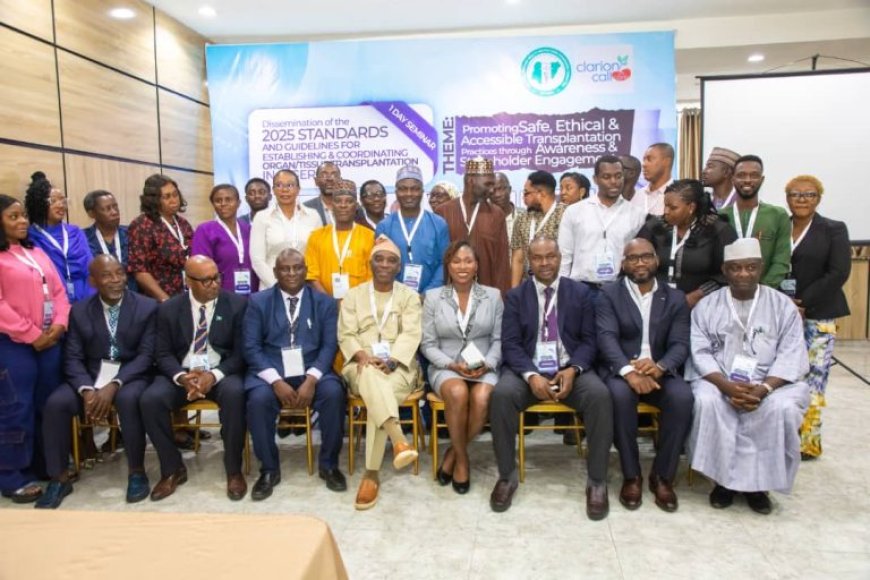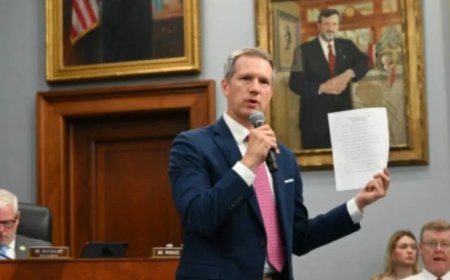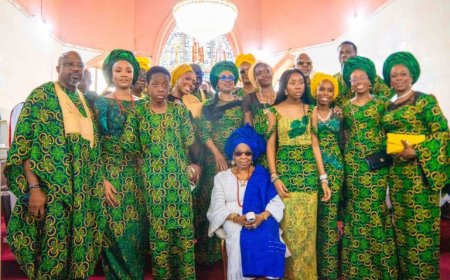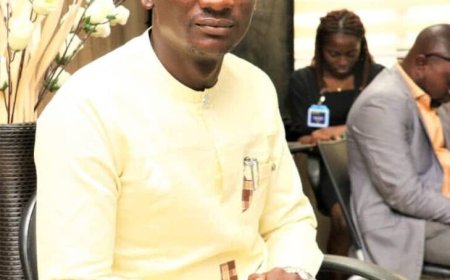FG Moves to End Unethical Organ Transplantation in Nigeria

By: Israel Adeleke
OPEN TELEVISION NAIJA (OTN) News reports as gathered that the Federal Government has intensified efforts to curb unethical and illegal organ and tissue transplantation practices in the country with the inauguration of the National Tertiary Health Institutions Standards Committee (NTHISC), in line with the provisions of the National Health Act 2014.
OTN News further reports as gathered that the committee, chaired by Professor Philip O. Abiodun, is mandated to develop national standards and guidelines for organ and tissue transplantation.
OTN News recalls that in March 2025, the committee, comprising leading Nigerian health professionals at home and in the diaspora, unveiled the '2025 Standards and Guidelines for Establishing and Coordinating Organ/Tissue Transplantation in Nigeria."
The document sets a framework for safe, ethical, and globally aligned transplantation practices.
As part of its awareness campaign, the Federal Ministry of Health and Social Welfare, in collaboration with the Clarion Call Care Foundation (CCCF), organized a one-day stakeholder seminar in Abuja.
Delivering the keynote address, Prof. Abiodun emphasized that the seminar was the first in a series of regional dissemination events aimed at promoting adherence to the new standards.
He warned that weak regulation leaves Nigeria vulnerable to unsafe practices, exploitation, and a loss of public trust in the health system.
“The 2025 Standards and Guidelines are Nigeria’s powerful tool to regulate every aspect of organ and tissue transplantation—ensuring donor and recipient safety, maintaining quality care, and eliminating malpractice and unethical conduct,” Abiodun said.
He cited disturbing reports of exploitation, including cases of underage and impoverished Nigerians coerced into organ donation, and female undergraduates repeatedly recruited to donate eggs for assisted reproduction without proper awareness of the health risks.
Abiodun stressed that the success of the guidelines depends on strict enforcement and adoption across the country, adding that “every facility offering transplantation services, every regulatory body, transplant surgeon, ethics committee, policymaker, and civil society organization must commit to upholding these standards.”
The guidelines emphasized voluntary and informed consent, banned organ trafficking and commercial transactions, and guarantee equitable access to transplantation services regardless of socioeconomic status.
Highlighting next steps, Prof. Abiodun announced:
Registration of all health institutions and practitioners involved in organ transplantation to strengthen compliance and service quality.
Establishment of a National Organ Donation and Transplantation Registry to track activities, monitor outcomes, and support research.
Plans to set up organ and tissue banking facilities for improved availability and timely access.
Ongoing efforts to integrate transplantation services into the National Health Insurance Authority (NHIA) framework to reduce patient financial burden.
He urged philanthropists, development partners, and the private sector to support the initiatives through funding, technical expertise, and advocacy.
In her remarks, the President of CCCF, Dr. Iyore James, reaffirmed the Foundation’s commitment to advancing ethical practices and improved standards in transplantation.
The seminar, themed “Promoting Safe, Ethical and Accessible Transplantation Practices through Awareness and Stakeholders’ Engagement”, underscored the importance of collective action in building a safe and equitable transplantation system in Nigeria.
What's Your Reaction?
























































